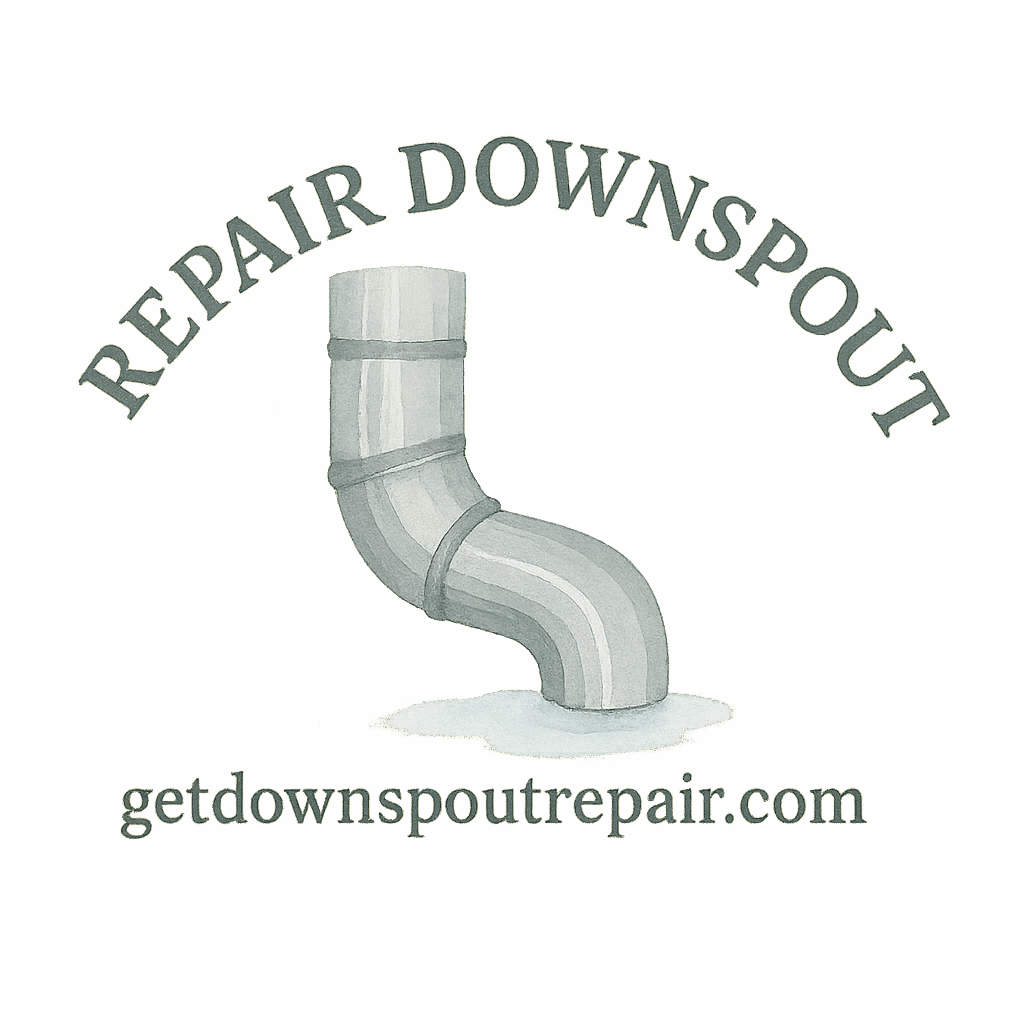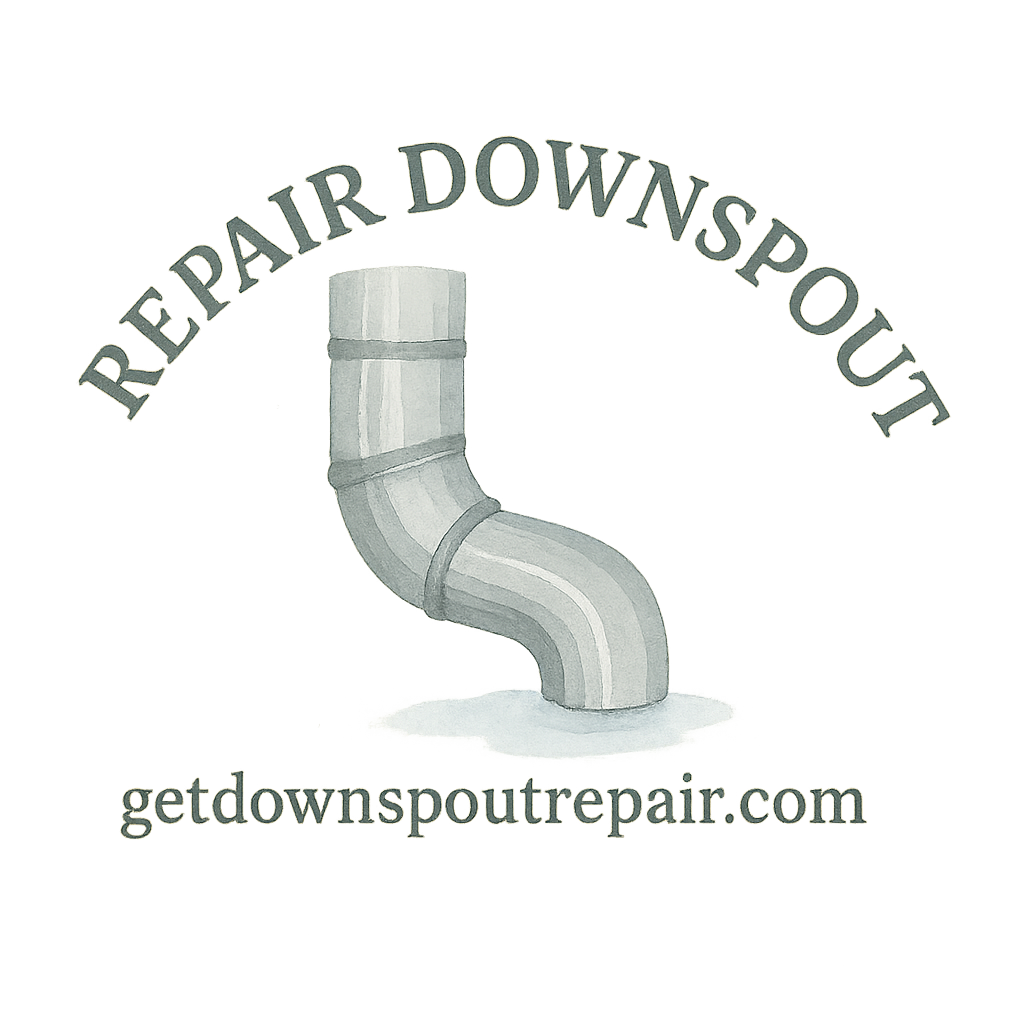When it rains, it pours—and if your downspout isn’t working right, it pours all over your foundation, lawn, or basement. Choosing the right contractor for downspout repair isn’t just about saving money—it’s about protecting your home from water damage, erosion, and costly long-term repairs.
So how do you make sure you’re hiring the right person for the job? Here are 7 ways to vet a downspout repair contractor before handing over your hard-earned cash.
Why Vetting Matters
Vetting isn’t just about being picky—it’s about being smart. Your downspouts are the lifeline that keeps rainwater away from your foundation. Choosing the wrong contractor could lead to poor repairs, repeat problems, or worse—expensive water damage. Whether you’re into DIY fixes or prefer pro help, knowing how to vet a professional is essential.
1. Check for Proper Licensing and Insurance
Why Licensing Should Be a Non-Negotiable
Would you trust an unlicensed pilot to fly a plane? Probably not. Similarly, hiring an unlicensed contractor can be risky. A license proves the contractor has met state or local requirements to legally perform the work. You can also verify their license number with your local licensing authority or use their listing in licensed contractor directories.
The Importance of Insurance in Home Projects
Accidents happen. If a worker gets injured or damages your home and the contractor isn’t insured, guess who’s on the hook? Yep—it’s you. Make sure your contractor has both liability and worker’s comp coverage.
2. Review Their Experience with Downspout Repairs
Look for Specialized Experience
A general contractor might not be the best fit for your drainage system. Look for someone who specializes in downspout and gutter systems. Ask how many repairs they’ve done or check for tags like downspout expert or repair guide in their portfolio.
Check Their Online Portfolio
No pictures? Big problem. A seasoned contractor should have before-and-after photos or even videos of past projects. Bonus points if they explain what they fixed and why.
3. Read Verified Reviews and Testimonials
Where to Find Reliable Reviews
Start with trusted sources like Google, Yelp, or even your local Better Business Bureau. Look for detailed reviews that describe the problem and how it was resolved.
Spotting Fake or Generic Reviews
Too many 5-star reviews without details? That’s a red flag. Real reviews will often mention things like communication, punctuality, and clean-up—things that fake reviews usually skip.
For authentic insights, consider checking categories like downspout repair, repair-now, or benefits.

4. Ask About Tools and Techniques Used
Quality Tools Signal Professionalism
The right gear can make a huge difference. Ask if they use premium tools or have access to professional-grade repair tools. If a contractor relies on duct tape and goodwill, run!
Modern vs Outdated Methods
Drainage repair has evolved. Good contractors now use video scopes, flow meters, and precision sealants. Ask about their process and see if they stay up to date with the latest repair basics.
5. Request Transparent Estimates and Written Contracts
Why Verbal Estimates Aren’t Enough
If it’s not in writing, it doesn’t count. Always ask for a detailed, line-item estimate. This should include labor, materials, and timeframes. Transparency shows professionalism—and lets you compare costs fairly. Use resources like costs and materials to benchmark.
Red Flags in Contracts
Watch out for vague language like “as needed” or “TBD.” Your contract should be crystal clear—especially about materials. Don’t hesitate to compare quotes and question high or low outliers.
6. Gauge Their Knowledge of Drainage Systems
Ask Scenario-Based Questions
Pose real-life scenarios like: “What if the clog is under a concrete path?” or “What if the problem recurs in three months?” A real pro will have clear solutions—not guesses.
How They Diagnose Common Downspout Problems
Whether it’s downspout clog, rust, poor alignment, or animal nests, your contractor should be able to identify and address common culprits. Bonus if they mention drainage protection strategies to prevent future issues.
7. See If They Offer Guarantees or Warranties
What Makes a Warranty Valuable?
A confident contractor will back their work. Look for warranties that cover materials and labor. And not just for 30 days—aim for at least 1 year.
Short vs Long-Term Coverage
Some contractors offer tiered warranties: basic fixes might get 6 months, while more extensive repairs could carry multi-year protection. Don’t forget to ask about product quality from quality products providers.
Conclusion
Hiring the right downspout repair contractor is about more than price—it’s about peace of mind. When you take the time to vet your contractor properly, you avoid headaches, wasted money, and serious home damage. Remember to check licensing, review past work, read real testimonials, and don’t be afraid to ask tough questions. You’ll thank yourself later—especially during the next storm.
Whether you’re comparing estimates or digging into a beginner repair guide, always keep your eyes on the goal: protecting your home from water damage.
FAQs
1. How do I know if my contractor is using quality materials?
Ask them directly and compare with trusted quality products lists. Also, check your contract for specific brands or item types.
2. What questions should I ask during the estimate?
Ask about materials, timeline, potential challenges, warranties, and previous experience with similar projects. Don’t forget to ask about budget tips.
3. Is it better to go with a general handyman or a specialist?
For downspout repair, a specialist with tags like downspout expert is your best bet.
4. How long does a typical downspout repair take?
Most repairs take a few hours to one day, depending on the complexity. Major issues might take longer.
5. Can I DIY the repairs instead of hiring someone?
You can! Start with DIY tools and guides from the DIY fixes section, but know when to call in a pro.
6. What’s the risk of ignoring downspout issues?
Ignoring the problem can lead to water damage, mold, structural issues, and higher costs down the road. Don’t risk it.
7. How can I prevent needing repairs again?
Regular gutter cleaning, inspections, and using guards or drainage protection tools can go a long way.


